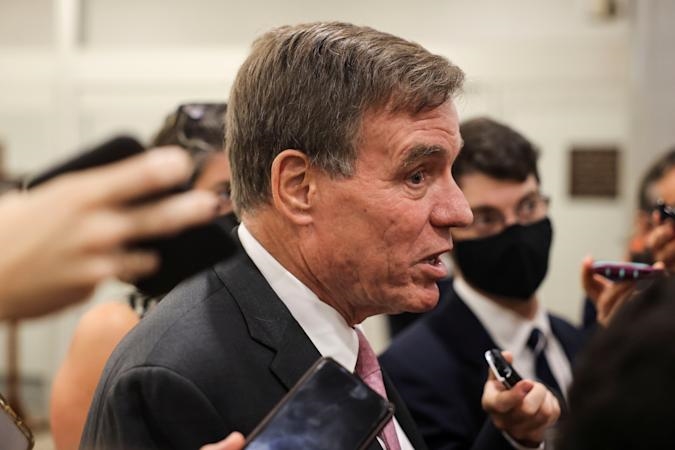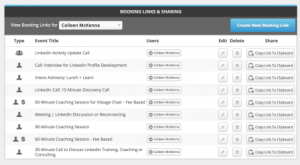Congressional lawmakers try again to secure some benefits for gig workers
If passed, independent contractors could qualify for paid holidays and healthcare.


Senators Mark Warner (D-VA) and Todd Young (R-IN), along with Rep. Susan DelBene (D-WA) introduced a bill today that would create a $20 million pilot program with the Department of Labor to incentivize states and cities to test out portable benefits. The idea that benefits like health insurance and paid vacation should be universal, rather than tied to your job, has gained steam in recent years. Such social insurance programs, normally backed by Democrats, have sparked interest from some Republicans motivated by the rapidly changing workforce and economic climate following the pandemic.
“More Americans than ever are engaging in part-time, contract or other alternative work arrangements. As the workforce changes, it is increasingly important that we provide workers with an ability to access more flexible benefits that can be carried to multiple jobs across a day, a year, and even a career,” said Sen. Warner in a statement.
Under the bill, the Department of Labor would create a $20 million grant fund to incentivize states, cities and nonprofits to experiment with portable benefits for independent workers. It’s not the first time Warner and DelBene have introduced such legislation. The duo has been regularly pushing to pass portable benefits bills since 2017 — none of which have gotten very far. One of their measures, to provide states with emergency unemployment benefits for gig workers, was folded into the CARES Act.
The bill gives states and cities a lot of room to figure out what their portable benefits program will look like. This could include unemployment benefits, life and disability insurance, sick leave, worker training and health insurance.
A number of states such as California, Massachusetts, Illinois, New Jersey and Colorado have looked at implementing portable benefits programs of their own. But critics of portable benefits warn that such a system would mean that gig economy companies like Uber, Lyft, Doordash and others would be largely off the hook. Indeed, Uber and other gig companies have backed portable benefits legislation in their fight to continue to classify their workers as independent contractors.
(15)
Report Post




